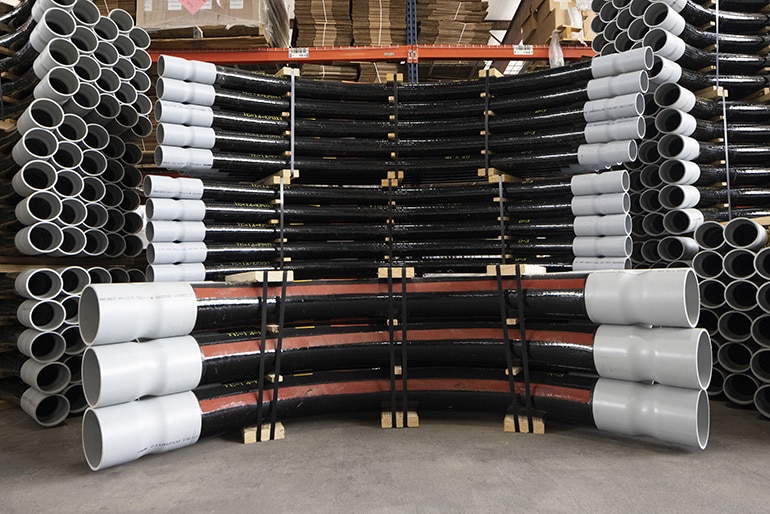The National Electrical Code (NEC), local codes, and engineering specifications often determine which conduit to use in a project. Although size and type are key aspects, there are many characteristics to consider when choosing an electrical conduit, including:
- Cable fault
- Toxicity
- Weight
- Durability
- Temperature range
- Support spans
- Burn-through
- Coefficient of friction
- Conductivity
- Distance between expansion joints
- Material cost
- Field handling
- Memory
- Labor cost
The correct conduit should:
- Be durable and long-lasting
- Be fire-resistant as dictated by the environment / application
- Allow for cables to easily be pulled into areas that may be inaccessible in the future, and unaffected by any pulling lubricants with limited or no burn-through
- Be cost-effective.
Reference: HOW TO CHOOSE AN ELECTRICAL CONDUIT


